

The first time the Call of Duty series made the leap to next-gen consoles (soon to be old-gen) it was a middling franchise known mostly for bombastic portrayals of WWII battles. Since then, a lot has changed.
Even before the release of Call of Duty: Ghosts, the next franchise title to make the transition, Activision had firmly cemented the series’ status among the video game elite, and put high expectations on every annual release. And so, with that in mind can this year’s iteration, which seeks to further the franchise mechanically while still hitting familiar beats, outdo its predecessors? Read on to find out.
The most important thing to know about Call of Duty: Ghosts (at least as far as the PC version and presumably, the next-gen console versions are concerned) is that this is the best the franchise has ever looked. Improved animations, detailed and large-scale environments, and impressive lighting effects all highlight an updated COD engine that blows its predecessor out of the water. Yes, it has taken Call of Duty some time to catch up to its competitors, but it’s good to see the game finally deliver some impressive visuals.
However, in service of a better-looking Call of Duty, all other elements of the franchise have unfortunately taken a significant dip in quality. From the single player campaign to the co-op options to the multiplayer, everything about Call of Duty: Ghosts feels a little less-than. Not enough for the game to be considered a failure, or an absolute mess, but this is the first time in recent memory where the franchise’s advancements come across as stop-gaps, or, more specifically, unmotivated changes for the sake of keeping things different from last year.
It starts with the Call of Duty: Ghosts campaign, which follows two brothers who find themselves wrapped up in a worldly conflict with a faceless enemy called the Federation. The game tries to personify the Federation in the character of Rorke, but he’s just as one-note as any previous COD villain. Eventually the two brothers are recruited by the Ghosts, a paramilitary group that prides itself on efficiency and stealth. It’s a pretty simple plot and it doesn’t get much more complicated than that. In fact, for a franchise that historically has used all the cliché military cards, Ghosts‘ story is one of the series’ more trite narratives. And Riley the dog? He’s an additional weapon that players can use to attack enemies, and is barely a factor in the story.
While the story is as haphazard as they come, players will find themselves in a few exciting scenarios, many of which work well with the improved visuals. On the whole though, the campaign lacks the amount of variety, especially in the FPS combat, that fans have come to expect. Towards the end of the campaign, the pacing ramps up but few will see the experience as a memorable one overall.
But most gamers don’t come to Call of Duty for the campaign, choosing instead to log hundreds of hours in the multiplayer battlegrounds each year. And to those players we have the most disappointing news: this is the year that Call of Duty dropped the ball, although it can get better. On its surface, the changes Infinity Ward introduces with Ghosts to the traditional Call of Duty multiplayer formula are confusing.
For weapon/equipment loadouts, Infinity Ward borrowed pieces of Black Ops 2‘s points-based perk system while also introducing an additional squad points system, which lets players unlock items as they please. So, rather than unlocking gun A at level 5 and gun B at level 10, players can purchase gun A for 5 squad points or ignore that gun altogether and purchase gun B for 8 squad points. In some regards, squad points offer a nice change of pace and take away from the slight advantage given to higher level players, but it’s purely window dressing.
Where the multiplayer really lives or dies is in its mechanics and map selection and it is in those two categories that the game falters the most. Some of the maps in Call of Duty: Ghosts are well designed, but most of them lack any real innovation or creativity. For the most part the map offerings waiver between fairly generic, with some decent verticality, or oddly constructed with confusing pinch points.
But where the multiplayer truly fails, at least for now, is in the spawn system. Granted, the Call of Duty franchise has always struggled with respawning players in “safe zones,” but that problem is more prevalent here than in the past. It’s not a rare thing either; at least once or twice a match players will find themselves spawning directly in front of an enemy or having enemies spawn right in front of them. Death is a minor inconvenience in the COD franchise, but when it’s this frequent the entertainment value starts to wane.
Ultimately, the multiplayer lacks any real innovation, which would be passable if it didn’t feature some significant problems which either lessen the fun or make it wholly frustrating. There are still those flashes of Call of Duty brilliance here and there, but they are few and far between. And when it comes to lasting appeal, it’s hard to find any.
Similarly the Squads and Extinction modes feel like unnecessary additions, motivated by a need to pad the experience rather than give it any appreciable depth. The Squads mode, for example, takes a player’s multiplayer “squad” and pits them against another opponent’s AI squad. At a glance, the mode seems clever, but it soon reveals itself to be nothing more than multiplayer training wheels. And for that matter, most players would rather spend their squad points boosting their own multiplayer arsenal than devote them towards their AI “teammates.”
Extinction, on the other hand, is Ghosts‘ version of the popular Zombies mode — a horde offering for up to four players to enjoy — only this time the enemies are aliens. It checks all the same boxes that Zombies does, but doesn’t do much more than that. The end goal is still to kill seemingly endless waves of enemies. Those who enjoy Zombies will likely have fun here, but it’s not going to convert any detractors.
Where Call of Duty: Black Ops 2 refined the formula into a razor sharp iteration, albeit a very familiar one, Ghosts sheds a lot of that polish in favor of a better looking game. Almost every element of Ghosts, from the story to the multiplayer to the co-op, all seem to have taken a hit as Infinity Ward (along with several other developers) raced to get the game out on time, and for so many platforms.
To be fair, everything is functional, and there are some flashes of ingenuity and innovation peppered throughout, but it’s not enough to keep the game above mid-level. The campaign feels dry and lifeless; the story is cliché in the worst ways; and the multiplayer fluctuates between being casually entertaining and frustratingly unplayable. Nothing about the end product comes across as thoughtful and left me wanting to come back for more.
So, while the game looks the best Call of Duty ever has, it also carries too many flaws to make it a must-have title for next-gen console owners, or casual Call of Duty fans for that matter. Die-hards will still log countless hours, but long-time detractors will finally have new ground from which to criticize the franchise.
Call of Duty: Ghosts is out now for the PC, PS3, Wii U, and Xbox 360. Game Rant was provided a PC code for this review.

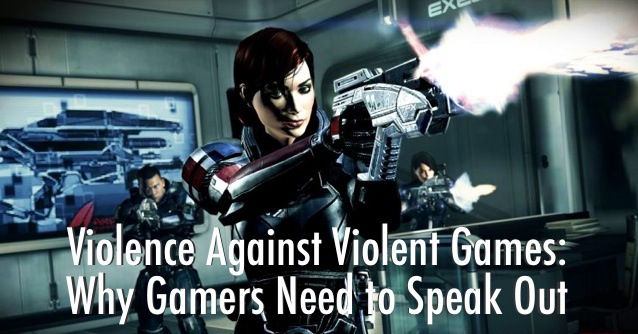
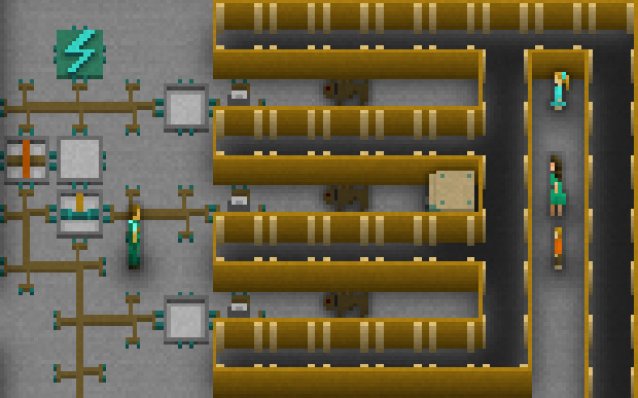
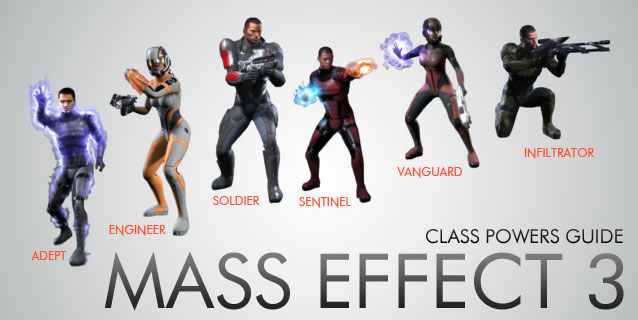
 How to beat the Championship Mode in F1 2015
How to beat the Championship Mode in F1 2015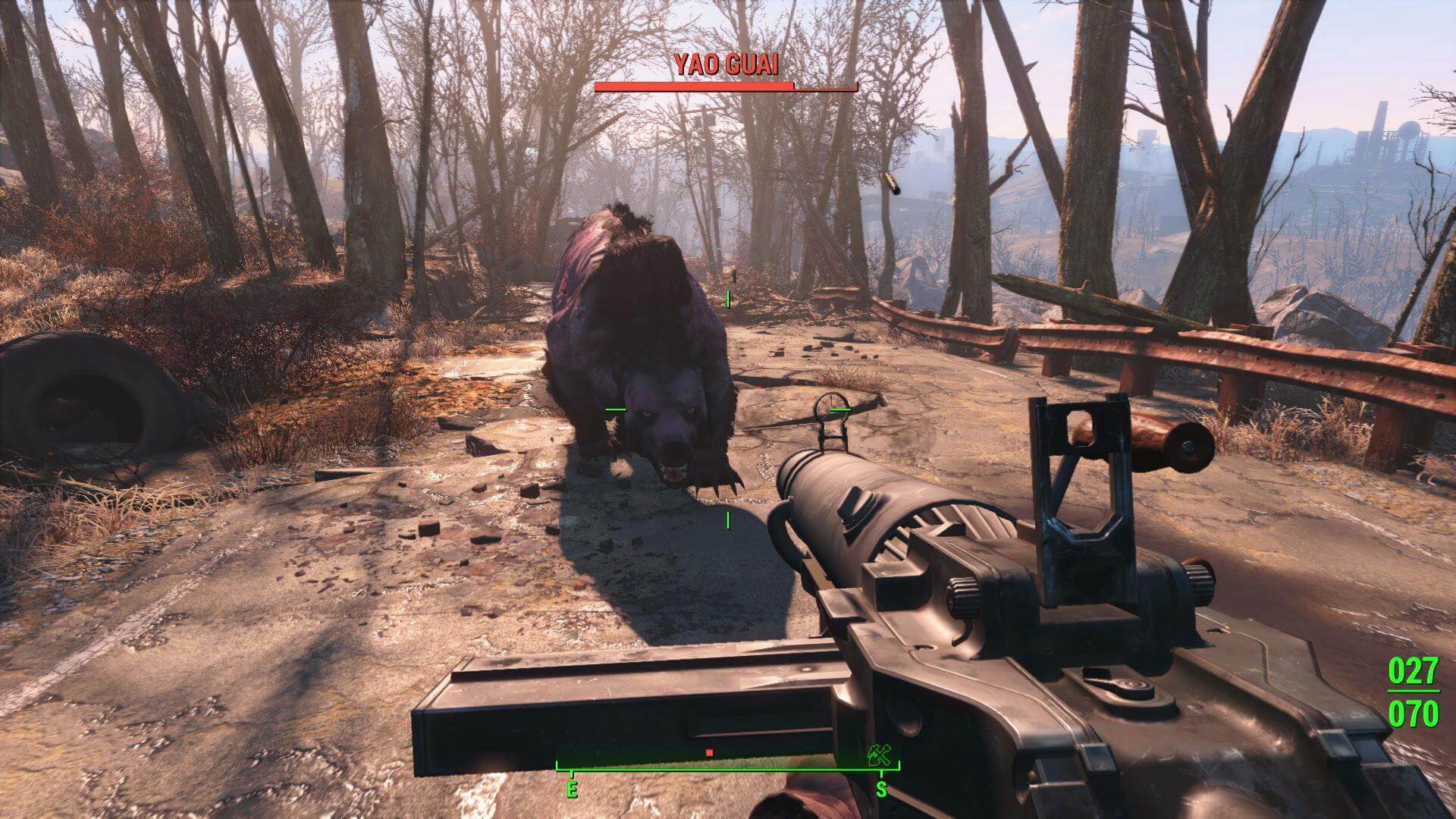 Fallout 4 vs Fallout 3
Fallout 4 vs Fallout 3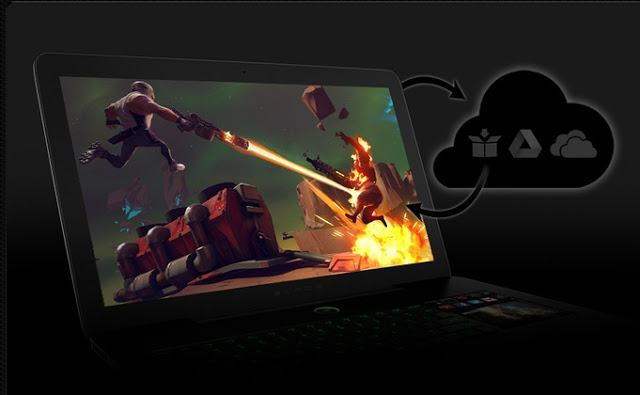 Save and Manage game progress in the Cloud on the PC
Save and Manage game progress in the Cloud on the PC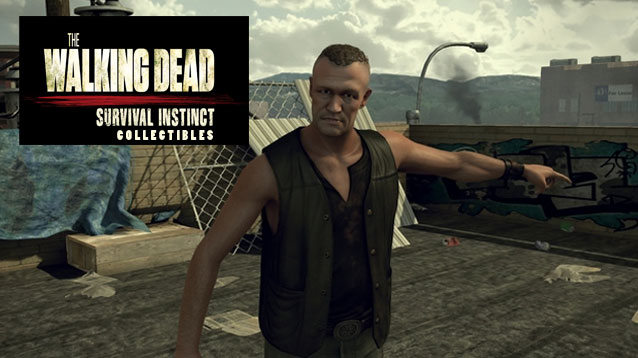 The Walking Dead: Survival Instinct Collectible Items Guide
The Walking Dead: Survival Instinct Collectible Items Guide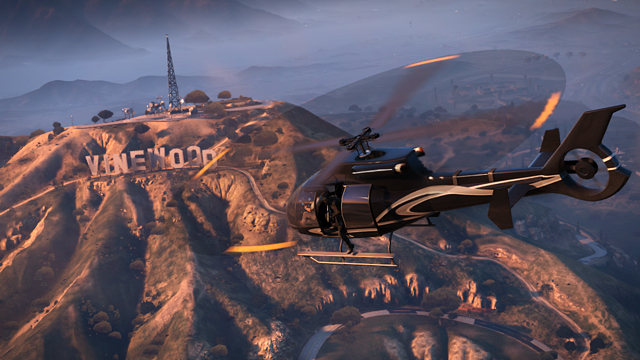 GTA 5 Trailer #2: What You May Have Missed, Secrets and Hidden Details
GTA 5 Trailer #2: What You May Have Missed, Secrets and Hidden Details